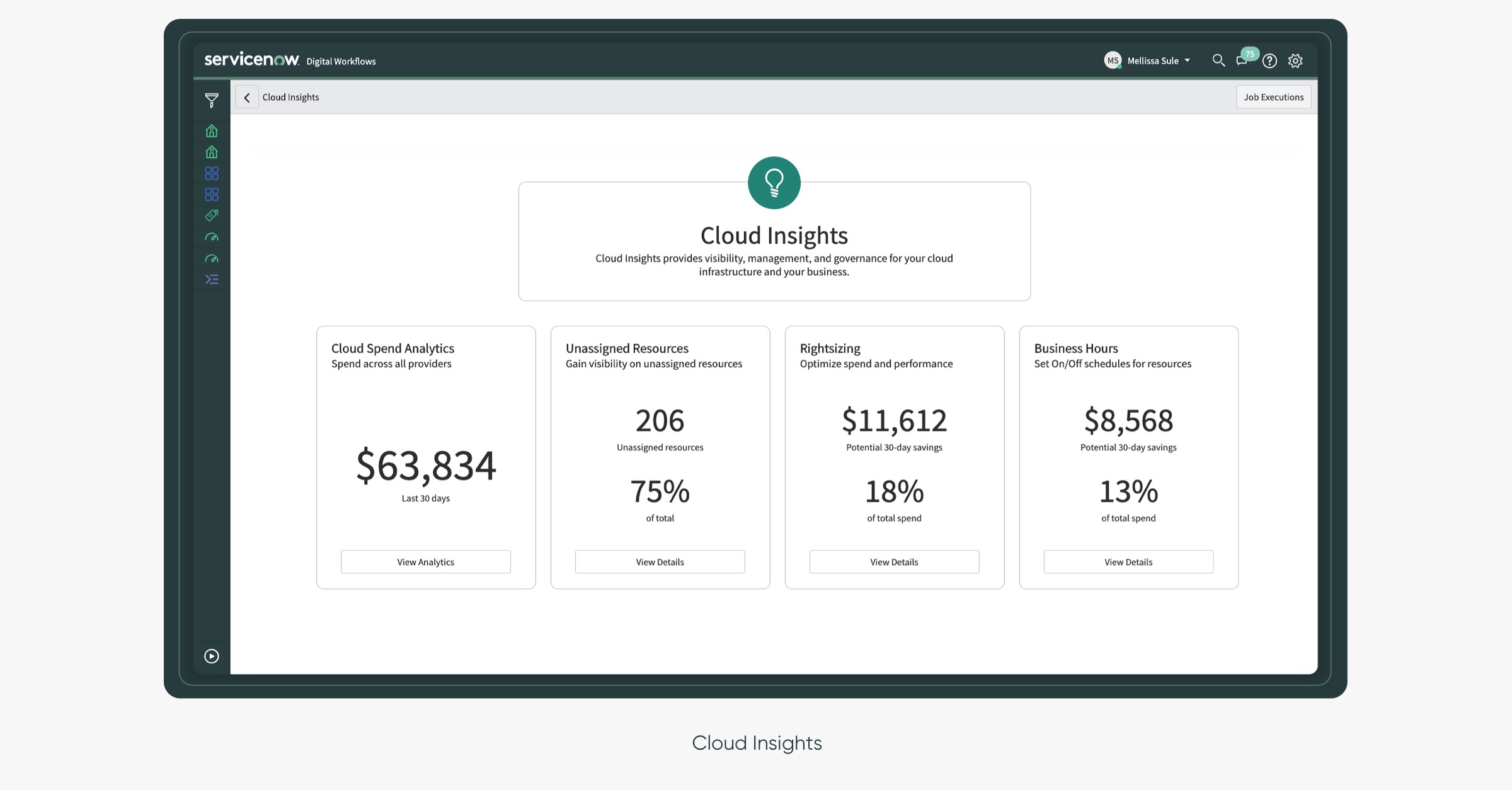ServiceNow has taken the wraps off the Orlando update to its cloud platform for managing IT that adds advanced analytics and artificial intelligence (AI) capabilities.
In addition, an existing integration framework that enables the Now Platform from ServiceNow to manage DevOps pipelines created by third-party platforms is now part of the core platform. Previously, that capability was only available as an add-on that could be downloaded from the ServiceNow online store.
Pablo Stern, senior vice president of IT workflows for ServiceNow, said that as ITIL-based frameworks and DevOps continue to converge it is apparent IT teams will also need to rely more on AI to manage IT environments that are becoming increasingly more complex.
The Now Intelligence capabilities being embedded into the Now Platform will address that issue by surfacing insights and making recommendations to predict and resolve issues before they become a major problem, he said.
IT teams can also take advantage of “always-on virtual agents” to track and automatically initiate specific workflows.
Analytics capabilities provided by Now Intelligence also include recommendations on how to optimize usage of cloud assets based on the billing options available and the ability to asses risks to the business. That latter capability includes vulnerability assessments of software and hardware that can be used to automatically trigger a remediation process.

ServiceNow has also enhanced its support for mobile computing platforms and added Agent Affinity for Work Assignment, which allows IT teams to assign work to agents that have the most expertise dealing with a specific issue or familiarity with certain end users.
In general. Stern said IT organizations would be well-advised to starting walking back many of the biases that now exist among advocates of DevOps and legacy ITIL-based approaches to managing IT. Both approaches are equally relevant depending on the task at hand. The challenge now is providing access to a common pool of data that informs those processes, he said.
There’s no doubt that ITIL and DevOps frameworks will continue to evolve side-by-side for many years to come. In fact, the latest iteration of the ITIL framework borrows many of the concepts for adroitly managing IT infrastructure from best practices that were pioneered by DevOps practitioners. The balance that needs to be struck is finding a way to respond faster to rapidly changing application and business conditions without sacrificing a structured approach to managing IT that makes it possible to consistently scale systems that are highly resilient.
Naturally, it may be a while before that balance is struck. However, AI will play a critical role in enabling organizations to achieve that goal. Given the complexity of modern IT environments, it’s simply not possible to effectively manage IT by relying on manual processes or custom scripts that don’t scale. AI is not likely to replace the need for human IT expertise anytime soon, but it will go a long way to maximizing what is already an overtaxed resource often subject to more fallibility than anyone cares to admit.





